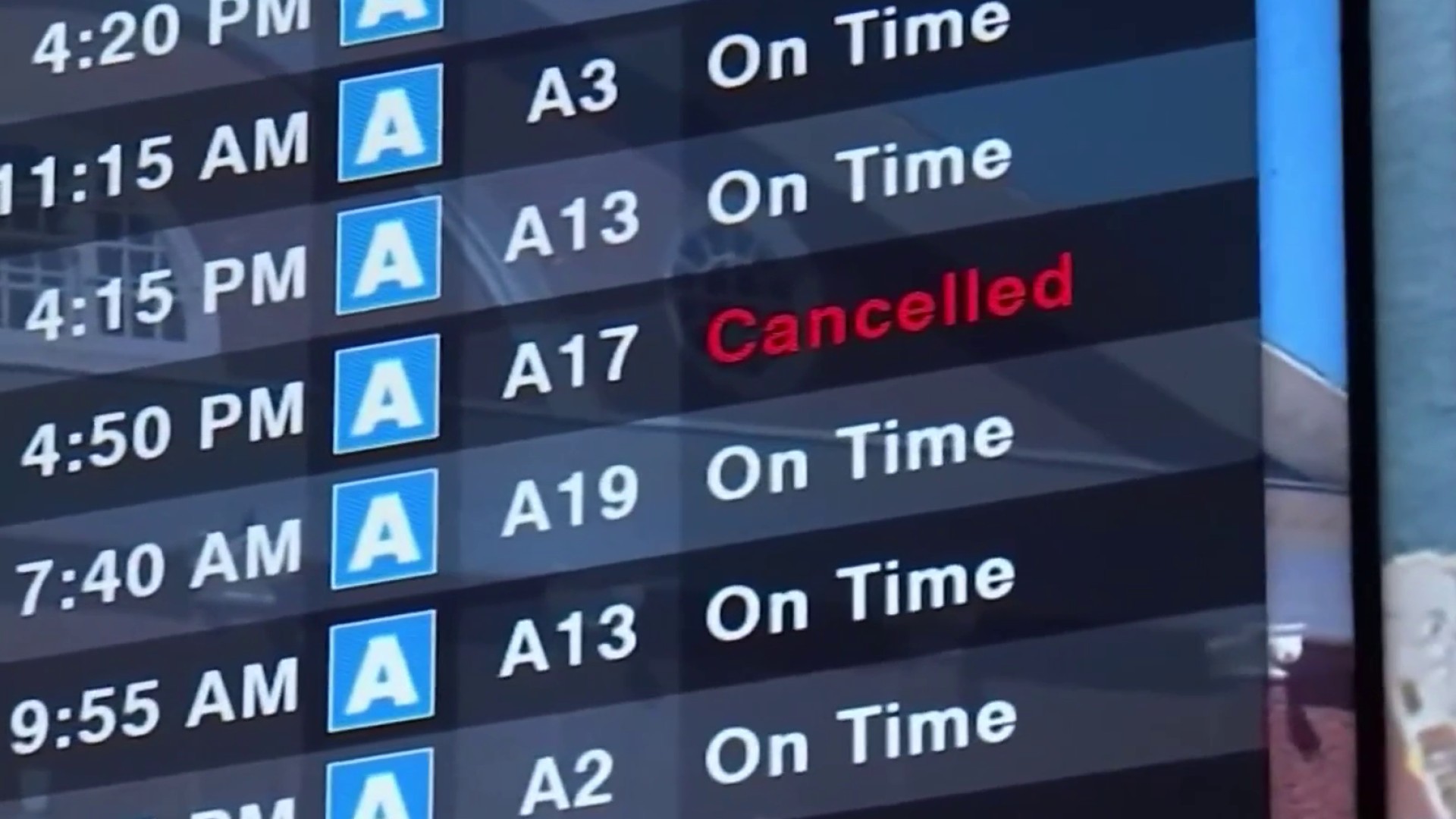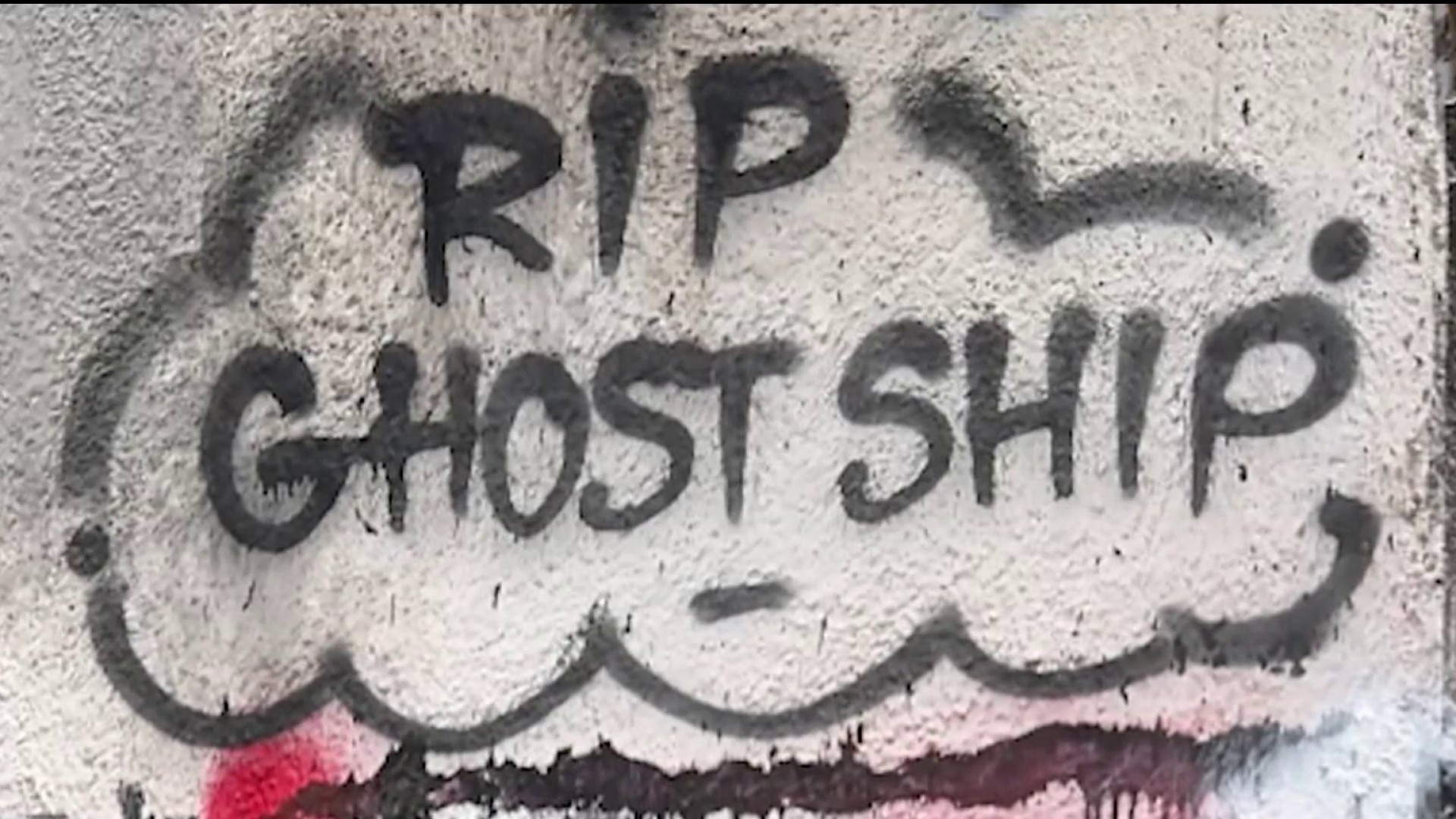What’s in a name? As it turns out, quite a bit – especially in classrooms. Teachers who mispronounce a student’s name could have a long-term impact on self-esteem and learning.
So students at Alum Rock High School in San Jose are on a simple mission: to say each other’s names correctly. Sounds easy right?
It has not been painless for junior Michelle-Thuy Ngoc Duong and freshman Angel Gustavo Silva Moreno, who both have names that teachers, particularly substitute teachers, butcher.
The two are backing a national awareness campaign called “My Name, My Identity.”
Michelle-Thuy and Angel say when people cannot bother to pronounce their names correctly, it often makes them feel “insecure,” “disrespected” and even “inferior.”
“I wanted to fit in, so you know…just Michelle,” Michelle-Thuy said, explaining she went by her anglicized name when she was younger because it was easier.
“They might be ignorant of other cultures out there and the significance of a name too. Maybe they won’t try as hard to pronounce it correctly. And they don’t even realize what impacts it might have saying a name incorrectly,” Michelle-Thuy said.
Local
“We have an expectation as English speakers that everybody’s going to learn our language and if your language is different then we’ll just anglicize it and move on. I think that’s culturally insensitive,” said Superintendent Jon Gundry.
The Santa Clara County Office of Education is a partner in the “My Name, My Identity” campaign, along with the National Association for Bilingual Education, Multilingual Education Services and McGraw Hill.
Gundry says he taught English as a Second Language for more than 10 years. He says studying students’ names led to better student-teacher relationships, and therefore more learning.
“You could see it was important to them because you would get this visceral reaction from kids when you said their name wrong. They would tend to withdraw, have less of a personal connection to the teacher and to the classroom and even to their peers,” Gundry said.
Online, some “Education Week” readers recommended students toughen up.
“If having your name pronounced wrong hinders your life - be it academically or otherwise - you are in for a very long and difficult life,” an anonymous commenter wrote.
Some educators, however, believe encouraging students to engage and collaborate in the classrooms will benefit them in the future.
“It’s also important for us to be respectful of each other and that’s a value we’d like to teach our children,” Gundry said. “I think that’s more important than toughening them up for challenges they’re going to face in the real world. They’ll have plenty of opportunities to face adversity.”



